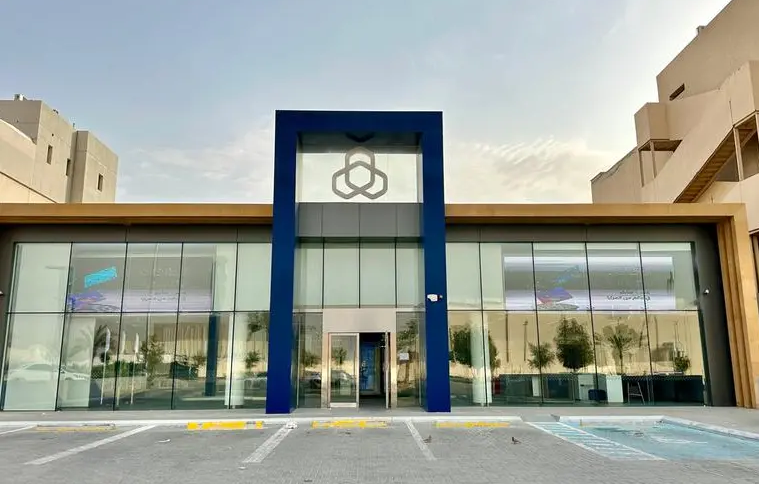Ethiopia and Qatar are advancing a strategic partnership centered on investment and development cooperation, signaling a deepening of bilateral ties with long-term economic implications. The two nations held a high-level meeting on the sidelines of the 2025 World Bank Group and International Monetary Fund Annual Meetings in Washington, D.C., where Ethiopian Finance Minister Ahmed Shide met with Qatari Finance Minister Ali bin Ahmed Al Kuwari and Fahad Hamad Al-Sulaiti, Director General of the Qatar Fund for Development. Their discussions focused on expanding collaboration in infrastructure, private sector investment, and development assistance, reflecting a shared commitment to sustainable growth and regional stability.
Minister Shide emphasized Ethiopia’s readiness to strengthen its relationship with Qatar, describing the Gulf nation as a vital partner in the country’s development journey. He highlighted Ethiopia’s investment potential, citing its strategic location, youthful population, and ambitious reform agenda as key attractions for foreign investors. The meeting underscored Ethiopia’s proactive approach to engaging global partners and its openness to innovative financing models that can accelerate economic transformation.
Qatar, through its development fund and financial institutions, has increasingly positioned itself as a key player in supporting infrastructure and economic projects across Africa. Its engagement with Ethiopia aligns with Doha’s broader strategy to diversify its international partnerships and contribute to global development efforts. The partnership offers mutual benefits: Ethiopia gains access to capital, expertise, and technical support, while Qatar strengthens its presence in a dynamic and rapidly growing market.
This evolving relationship is expected to yield concrete agreements and joint ventures in the near future, particularly in sectors such as energy, transport, and digital infrastructure. It also reflects Ethiopia’s strategic pivot toward diversified international cooperation, moving beyond traditional aid models to embrace partnerships rooted in shared interests and mutual accountability. For Qatar, the collaboration reinforces its role as a development partner committed to inclusive growth and long-term impact. As both countries continue to align their economic priorities, the partnership stands to become a model for regional cooperation and investment-driven development.
